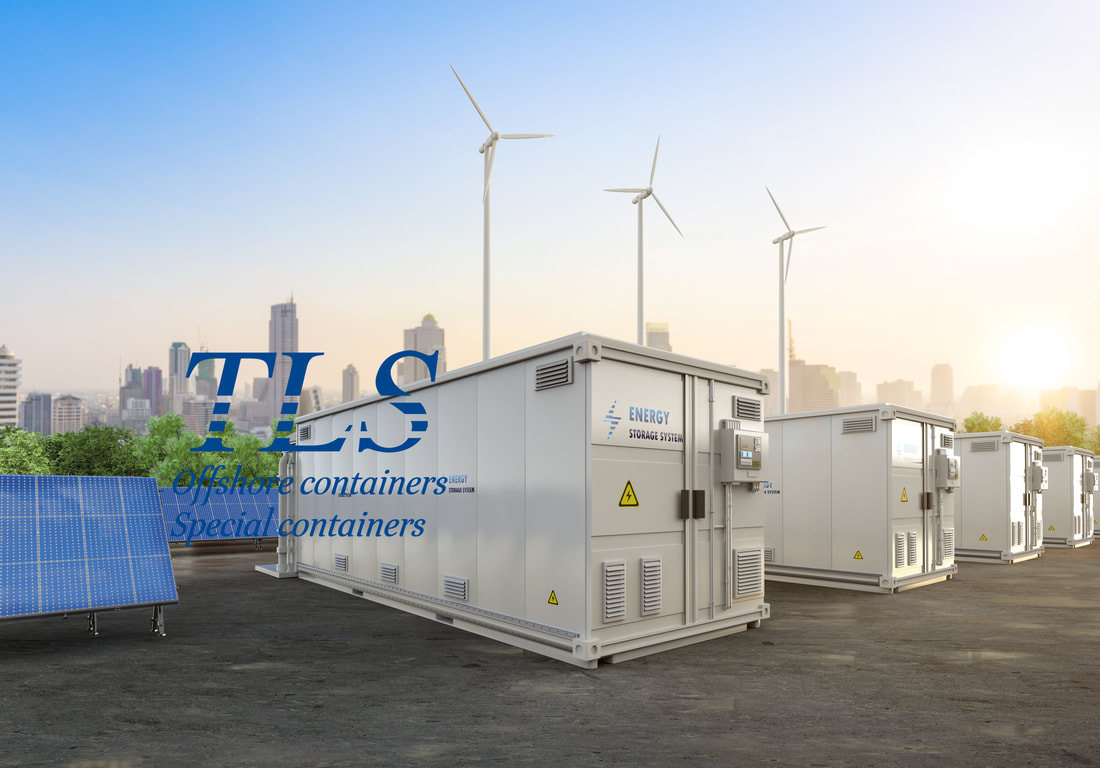|
When it comes to energy storage, selecting the appropriate cooling method is crucial for efficient and reliable operation. Two commonly used options are air-cooled and liquid-cooled systems. In this blog post, we will explore the factors to consider when choosing between them.
Choosing between air-cooled and liquid-cooled energy storage requires a comprehensive evaluation of cooling requirements, cost considerations, environmental adaptability, noise preferences, and scalability needs. By carefully weighing these factors, you can make an informed decision that aligns with your application's specific demands, budget constraints, environmental conditions, and system scale. Ultimately, the right choice will ensure optimal cooling efficiency, system performance, and long-term reliability for your energy storage solution Regarding the Battery Energy Storage System (BESS) container, please download Energy Storage System (ESS) Containers brochure for reference.
Comments are closed.
|
Archives
July 2024
Categories
All
|
- Home
-
Containerised solutions
- Intelligent pressurised container | MUD logging cabin
- Battery energy storage system (BESS) container
- Flexible grid tied battery storage system
- Laboratory container | workshop container | Equipment containers
- Temporary refuge shelter | Toxic gas refuge | Safe haven
- Offshore accommodation cabin | office container
- Reefer container | Refrigerated container
- Intelligent waste water treatment container
- Fresh water generator container
- Cargo Containers
- Product photos & videos
- News & Blogs
- Contact us
|
Featured products
Intelligent pressurised container Temporary refuge (TR) shelter, toxic gas refuge (TGR) Battery energy storage system (BESS) container Containerised waste water treatment plant Fresh water generator container Reefer container Laboratory container, Workshop container Accommodation container Offshore closed container |
All Rights Reserved 2020 © TLS Offshore Containers / TLS Energy
|

